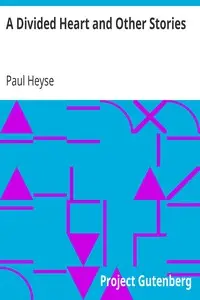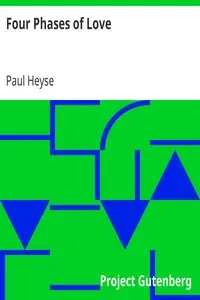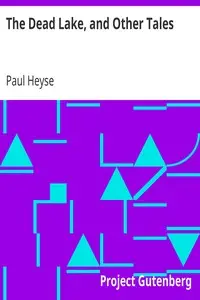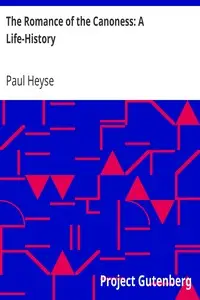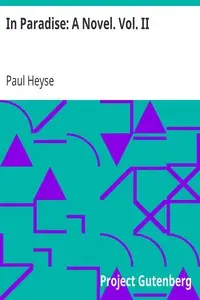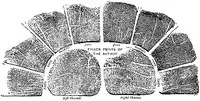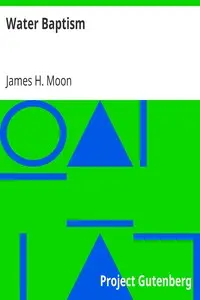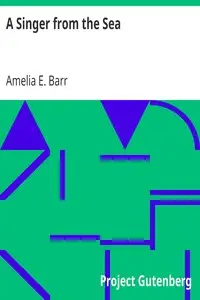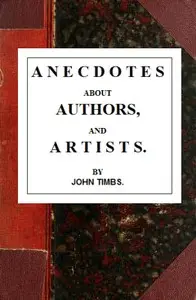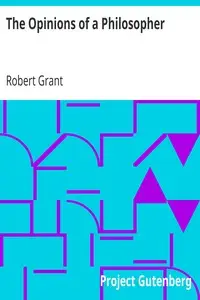"The Children of the World" by Paul Heyse is a novel written in the late 19th century. The story unfolds in the vibrant yet overshadowed setting of Berlin's Latin Quarter, focusing on the life of a humble shoemaker named Gottfried Feyertag and his family, particularly his two sons, Edwin and Balder. The narrative hints at themes of love, social status, and the struggles of youth as it explores the intertwining lives of its characters. At the start of the novel, the reader is introduced to the simple yet quaint home of the shoemaker, where life's complexities begin to emerge through the daily routines and interactions of its inhabitants. The eldest son, Edwin, possesses a philosophical outlook on life and is deeply affected by his emotions, particularly regarding his burgeoning feelings for a mysterious woman he encounters. Meanwhile, his delicate younger brother, Balder, engages in the practical trade of turning while embodying the gentler qualities shaped by their mother's nurturing spirit. Together, the brothers navigate the challenges of their circumstances, illustrating a poignant blend of domesticity and the pressures of young adulthood, setting the stage for future conflicts and revelations. (This is an automatically generated summary.)
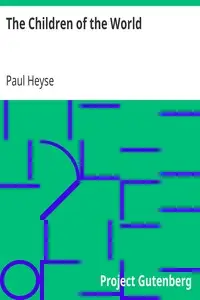
The Children of the World
By Paul Heyse
"The Children of the World" by Paul Heyse is a novel written in the late 19th century. The story unfolds in the vibrant yet overshadowed setting of Be...
Paul Johann Ludwig von Heyse was a German writer and translator. A member of two important literary societies, the Tunnel über der Spree in Berlin and Die Krokodile in Munich, he wrote novels, poetry, 177 short stories, and about sixty dramas. The sum of Heyse's many and varied productions made him a dominant figure among German men of letters. He was awarded the 1910 Nobel Prize in Literature "as a tribute to the consummate artistry, permeated with idealism, which he has demonstrated during his long productive career as a lyric poet, dramatist, novelist and writer of world-renowned short stories." Wirsen, one of the Nobel judges, said that "Germany has not had a greater literary genius since Goethe." Heyse is the fifth oldest laureate in literature, after Alice Munro, Jaroslav Seifert, Theodor Mommsen and Doris Lessing.

